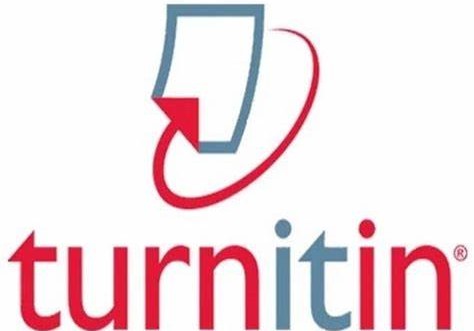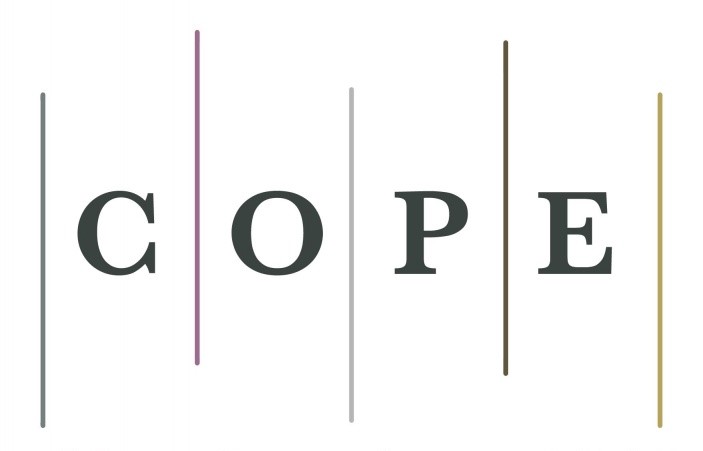Peer-review policies
Peer review policies
- Initial submission
- Peer review
- Decision after review
- Revisions
- Final submission and acceptance
- Fast-track peer review
- Appeals and complaints
Initial submission
When a manuscript is submitted to Management Science and Business Decisions (hereinafter referred to as 'the journal'), it will be assigned to a member of the Editorial Board for an initial review. The Editorial Board Member will evaluate whether the submission aligns with the journal's scope and meets the initial criteria for technical soundness and scientific validity. Manuscripts deemed suitable will proceed to external peer review.
Authors must include copies of any related or similar work under review or accepted for publication in other journals when submitting their manuscript.
Peer review
The journal follows double-blind peer review process, i.e., reviewers are unaware of the identity of the authors, and authors are also unaware of the identity of reviewers. There are at least three or more reviewers for the total number of articles in each issue. During the peer review process of a manuscript, at least two reviewers will securely access manuscripts through the journal’s online system while maintaining their anonymity.
At the time of submission, authors may identify specific individuals who should not be invited as reviewers. These individuals must be named explicitly. Authors may also recommend potential reviewers, though these suggestions may not always be followed.*
Handling editor(s) assigned by the editor-in-chief handles the manuscript assigned to them. After seeking advice from at least two reviewers, the handling editor(s) provides their recommendation to the editor in-chief, whose decision is final. One manuscript is handled by one handling editor. Usually, the Associate Editors serve as handling editor.
Reviewers’ identities will remain confidential unless they specifically request otherwise.
*NOTE: Since the establishment of the journal in 2021 till today, the journal has practically never sent a manuscript to the reviewers suggested by the authors.
Decision after review
Based on the feedback from reviewers, the handling editor (the editor handling the manuscript) will decide one of the following outcomes for the manuscript:
- Accept without any changes
- Request minor revisions to address specific concerns
- Request major revisions to address substantial concerns, potentially requiring additional work
- Reject the manuscript
Revisions
If revisions are requested, authors will be invited to submit an updated manuscript. The decision letter will specify a deadline for submitting the revised version. The updated manuscript may be sent back to the original reviewers or new reviewers, at the discretion of the Editorial Board Member.
Revised manuscripts should be submitted via the link provided in the decision letter, rather than as a new submission. Authors should include a point-by-point response to reviewers, detailing the changes made to address their feedback. It is expected that all reviewer comments will be fully addressed in the first round of revision to facilitate a smooth acceptance process.
Final Submission and Acceptance
Once all editorial matters are resolved, the manuscript will be formally accepted for publication. The submission date listed on the published paper will correspond to the date when the initial submission passed the journal’s quality control checks. The acceptance date will reflect the date the Editorial Board Member formally communicated the acceptance decision.
Following acceptance, authors will receive proofs of their manuscript for review. Changes at this stage will only be allowed for corrections to the title, author list, or scientific inaccuracies. All revisions must be approved by the publishing team. The journal reserves the right to make final decisions regarding stylistic elements and figure formatting.
Fast-Track Peer Review
A fee of 50 USD is charged for the fast-track peer review process. This service involves expedited handling, with dedicated support from the publisher’s staff to ensure quick collection of reviewer comments, frequent follow-ups, and sending the manuscript to additional reviewers as necessary. However, please note that opting for fast-track peer review does not guarantee manuscript acceptance. The minimum peer-review time period can vary for different manuscripts.
Appeals and Complaints
In cases where a manuscript is rejected, authors may request a reconsideration of the decision by submitting an appeal to the editor-in-chief. Appeals are considered secondary to the regular editorial workflow and may take several weeks or months to process. Each manuscript is permitted one appeal, which can only be initiated following the completion of peer review.
An appeal will only result in a reversal if the editor-in-chief determines that the original decision was based on a significant error. Appeals are considered valid if there is evidence of bias or factual inaccuracies in the review process, provided that such issues would have influenced the outcome.
If further consideration of the appeal is warranted, the editor-in-chief may send the revised manuscript and authors’ responses for additional peer review.
For concerns regarding publication ethics or procedures, please consult the editor-in-chief.







